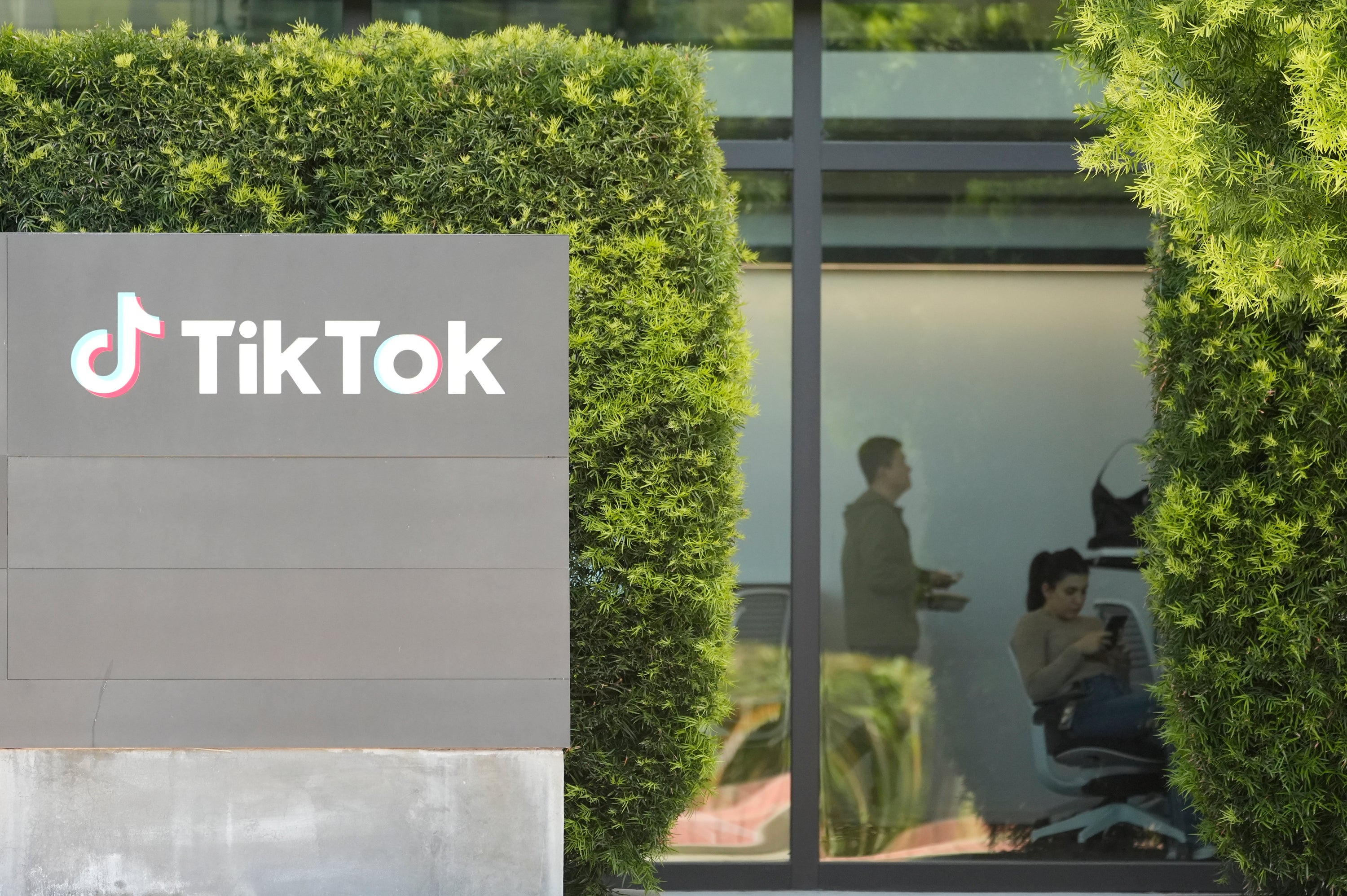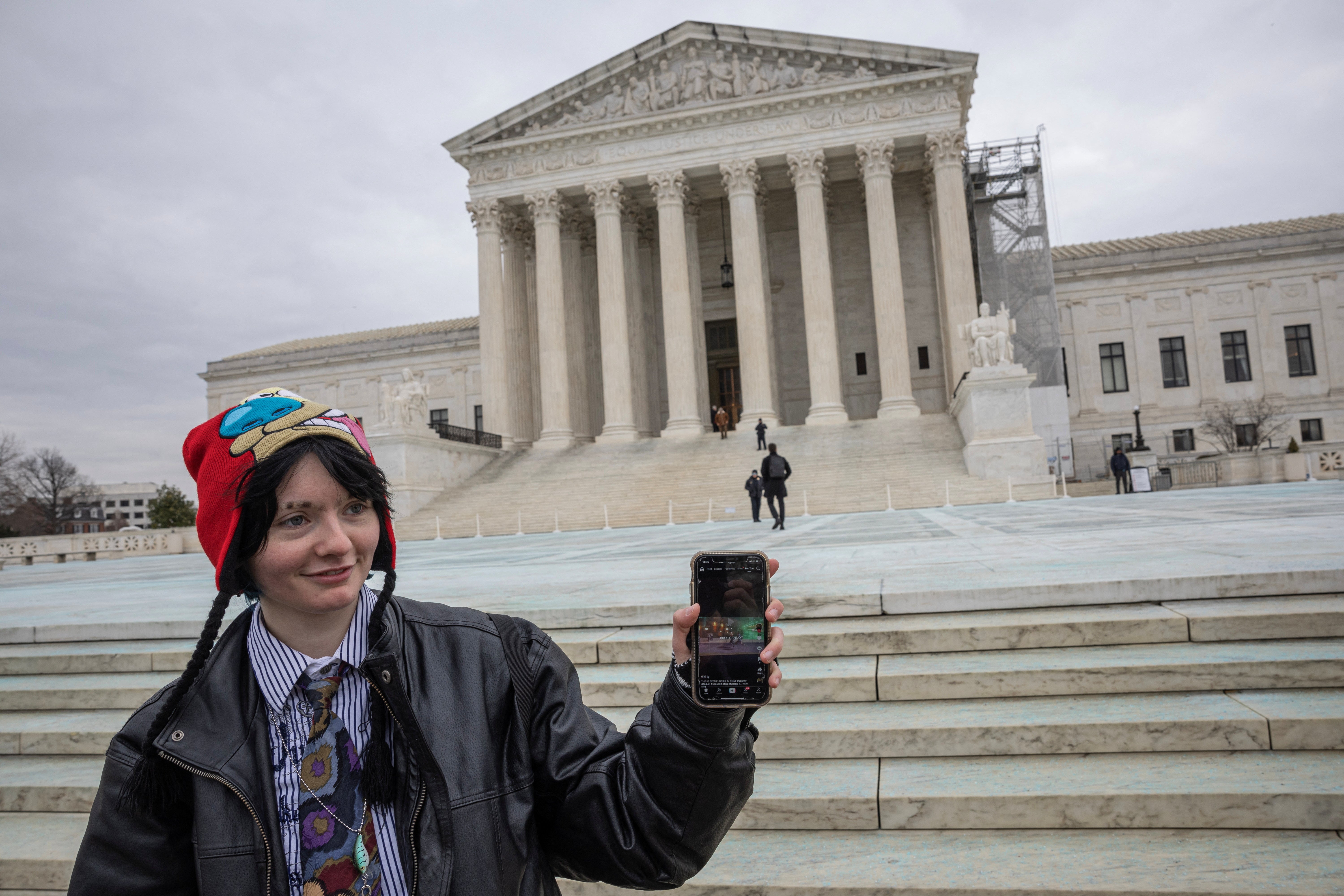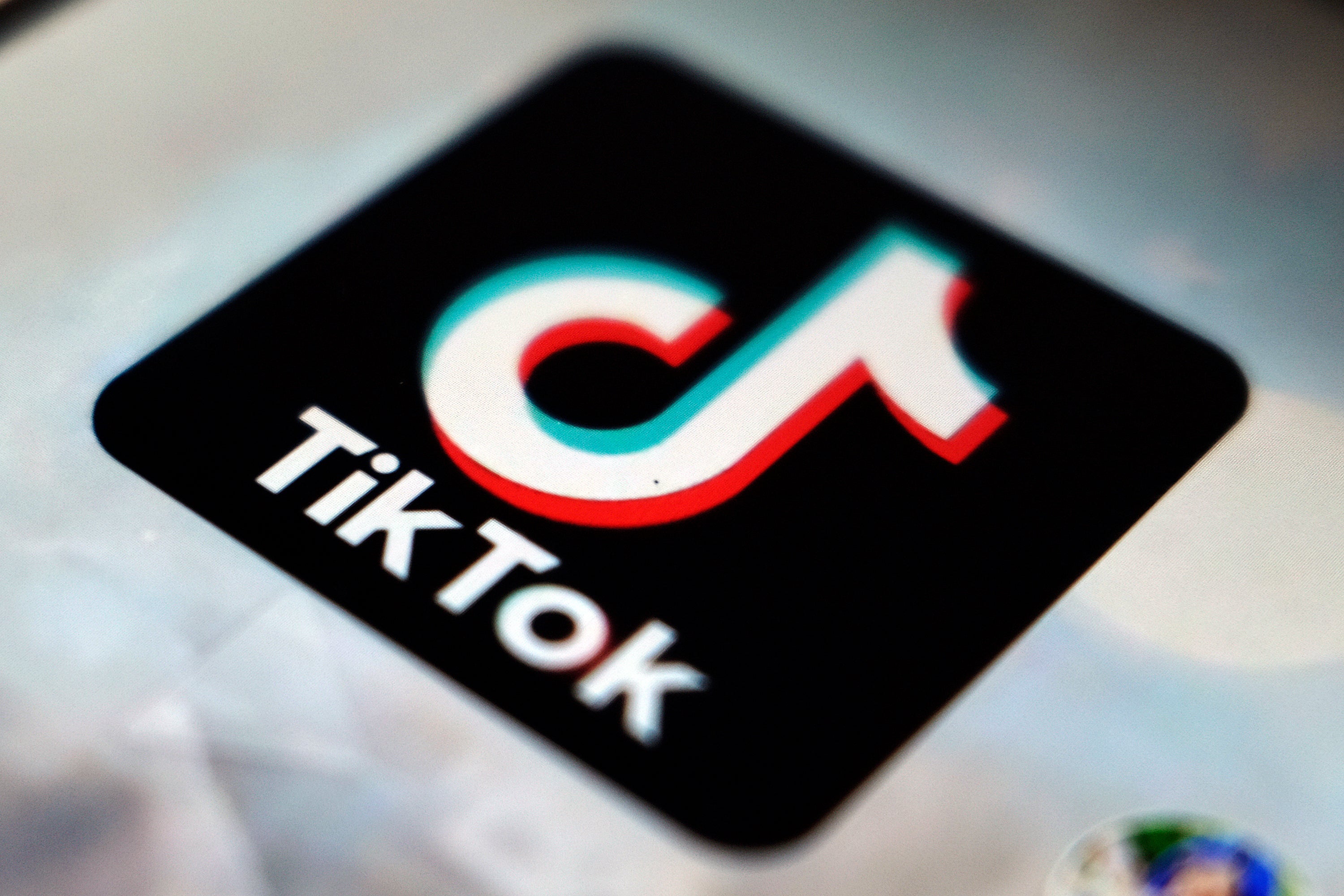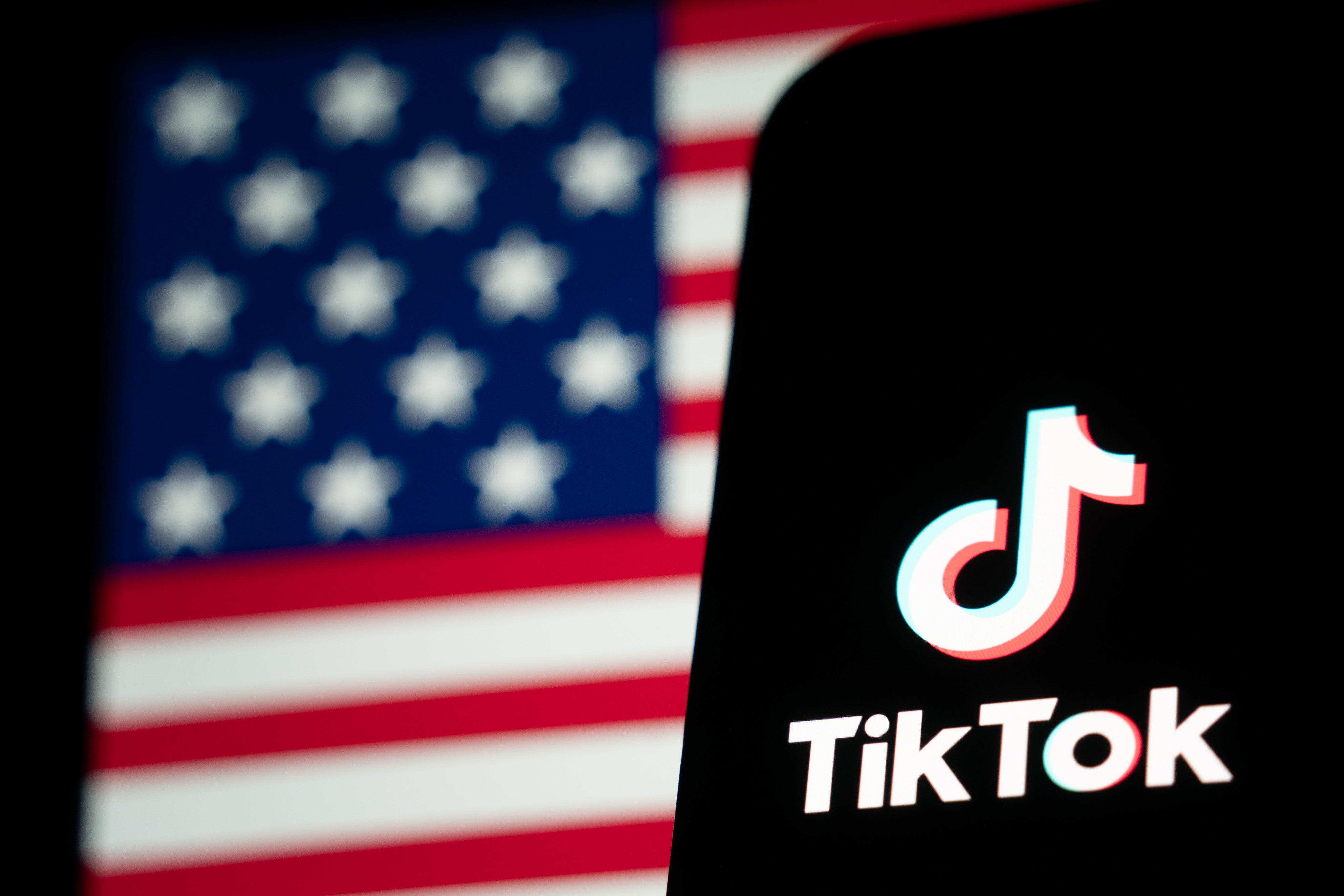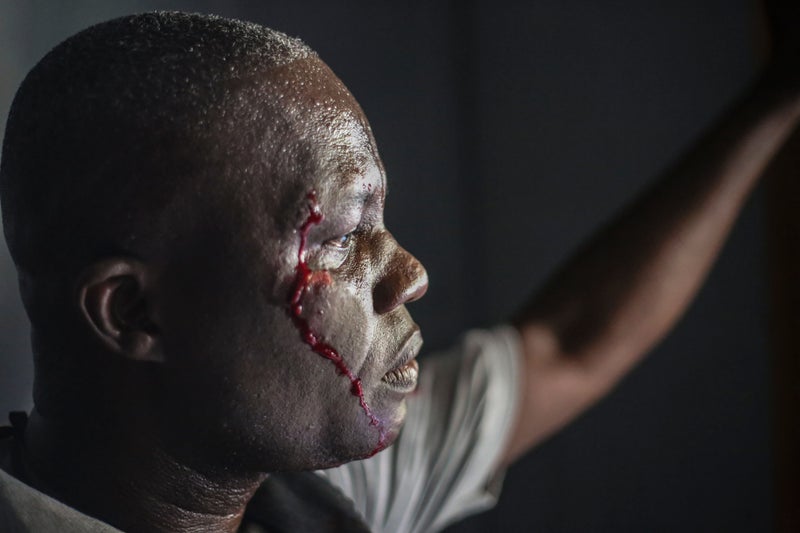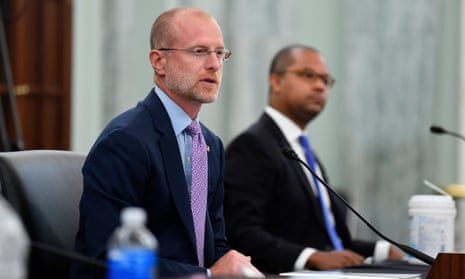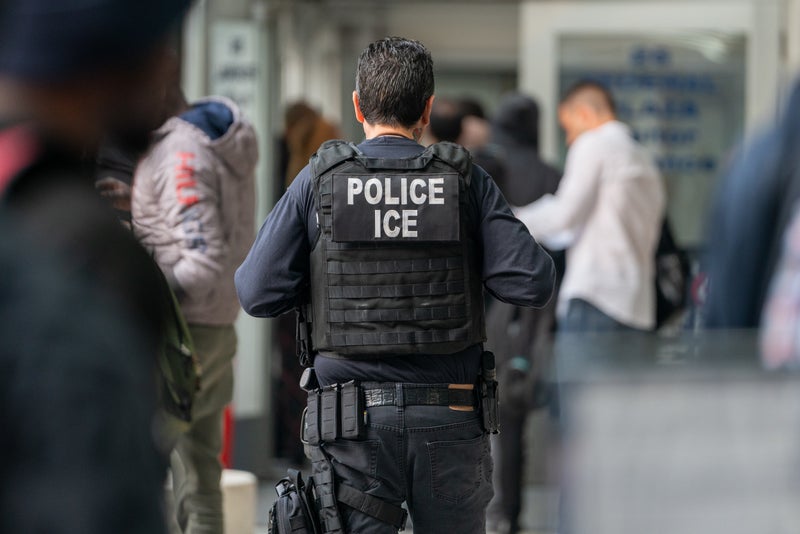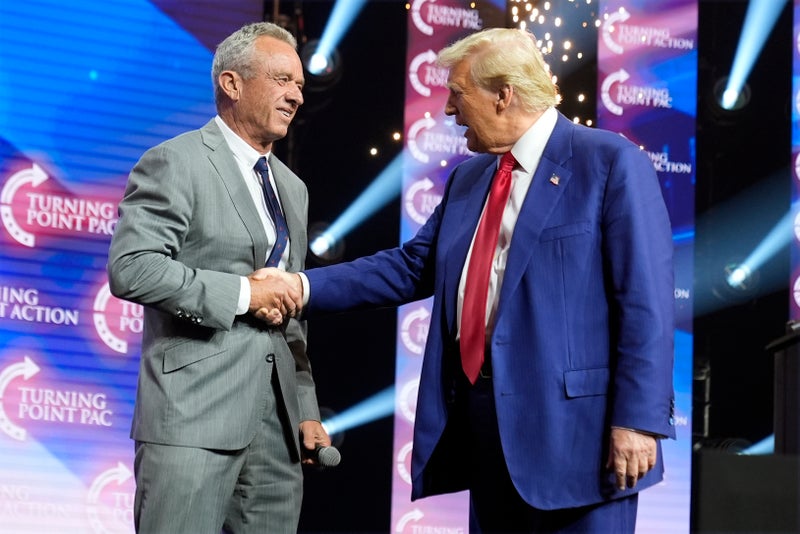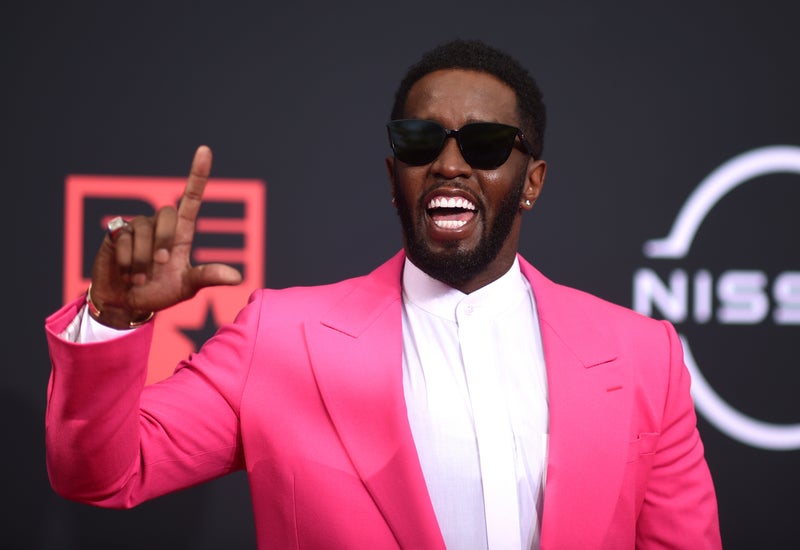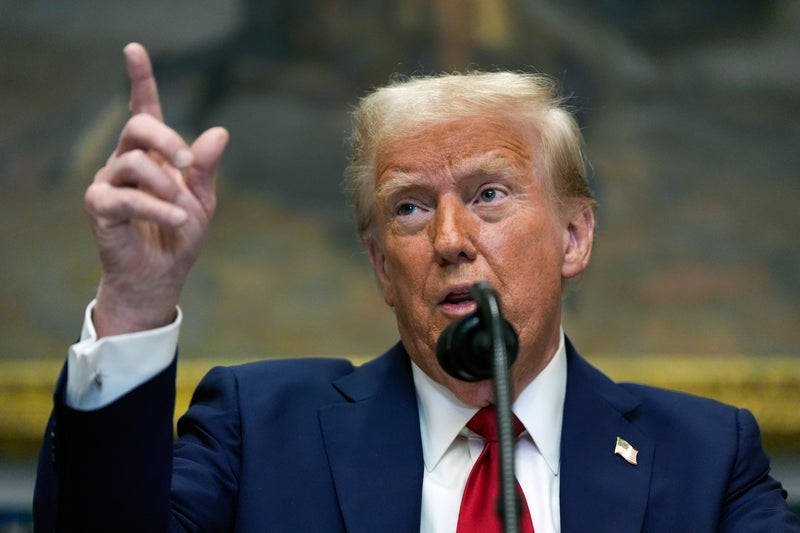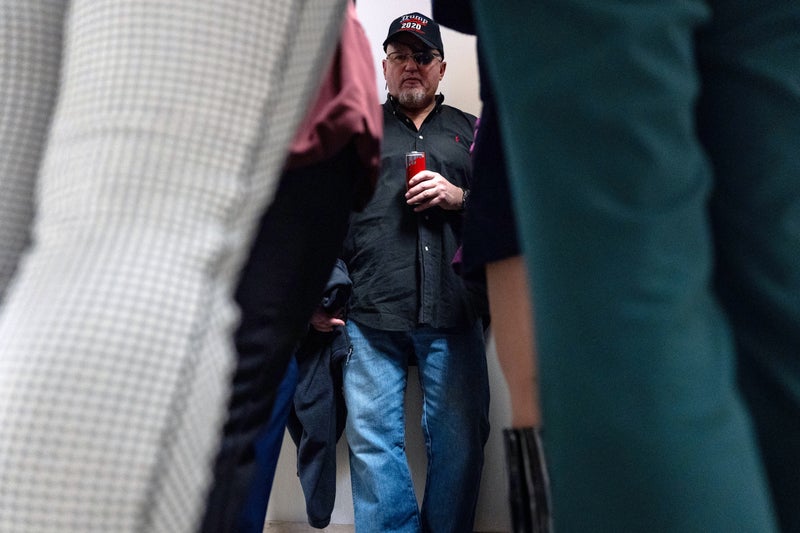The rise - and potential fall - of TikTok in the US
Share:
The possibility of the U.S. outlawing TikTok kept influencers and users in anxious limbo during the four-plus years that lawmakers and judges debated the fate of the video-sharing app. Now, the moment its fans dreaded is here, but uncertainty over TikTok’s future lingers.
On Friday, the Supreme Court upheld a federal law that bans the immensely popular, trend-setting social media platform starting Sunday unless its China-based parent company, ByteDance Ltd., sells to an approved buyer. The unanimous decision ended a legal battle that pitted national security concerns against free speech rights. TikTok, ByteDance and some of the devoted users who rely on the platform for entertainment, income and community argued the statute violated the First Amendment. The Biden administration sought to show ByteDance’s ownership and control of TikTok posed an unacceptable threat.
The Supreme Court ruling, however, is not guaranteed to end the TikTok saga, which has become enveloped in the wider battle between Beijing and Washington. A Biden administration official told The Associated Press on Thursday that the outgoing administration would leave the law's implementation — and potential enforcement — to President-elect Donald Trump.
Trump, who is set to return to the White House the day after the ban takes effect, has credited TikTok with helping him win the support of more young voters in last year’s election. A Trump adviser said this week that the incoming administration would “put measures in place to keep TikTok from going dark.” What those measures will look like — and if they can withstand legal scrutiny — remained unknown Saturday.
